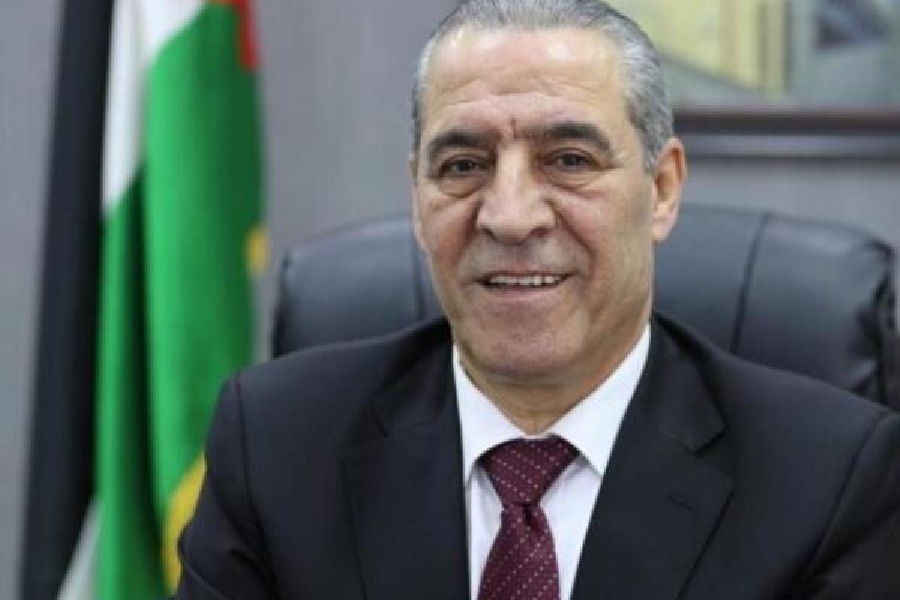Palestinian leaders in the Israeli-occupied West Bank met this week for the first gathering of its kind in years. Their mission: to allow Mahmoud Abbas, the ageing Palestinian Authority President, to appoint a longtime loyalist to a newly minted senior position.
On Saturday night, Abbas formally named Hussein al-Sheikh, a close confidant, as his deputy. Some analysts believed al-Sheikh’s promotion indicated that Abbas, 89, was signalling that al-Sheikh was his preferred heir, while others saw it as a cosmetic reshuffle to placate Arab officials frustrated by the Palestinian leader.
For many Palestinians, their leadership’s focus on palace politics as the war in Gaza has raged, and a sweeping Israeli military operation in the northern West Bank has displaced tens of thousands of people, has further underscored the complacency of the Western-backed Palestinian Authority.
“The ship is sinking, and everyone’s fighting over who’s going to be seated at what table,” said Ghaith al-Omari, a former adviser to Abbas and a senior fellow at the Washington Institute for Near East Policy, a research group.
More than 50,000 Palestinians have been killed in Israel’s campaign against Hamas in Gaza, according to local health officials, who do not distinguish between civilians and combatants. The war began with Hamas’s October 7, 2023, attack on southern Israel, which killed about 1,200 people and took roughly 250 hostage.
The war cast a spotlight on the Palestinian cause and spurred worldwide protests. But the frail and internally divided Palestinian Authority — the Palestinians’ internationally recognised representative — has struggled for relevance.
In an hour-long speech on Wednesday addressing the conference, Abbas mostly reiterated familiar talking points condemning Israel’s campaign in Gaza. He also denounced his Hamas rivals, calling them “sons of dogs” and demanding that they release the remaining hostages.
Created during Israeli-Palestinian peace talks in the 1990s, the Palestinian Authority still oversees parts of the Israeli-occupied West Bank. Many Palestinians hoped the body would one day govern an independent state, but negotiations to that end foundered in the early 2000s in the face of rising violence.
A significant part of the governing Israeli coalition supports indefinite Israeli control in the West Bank and Gaza. Israel also regularly confiscates and withholds large chunks of the Palestinian budget, financially hobbling Abbas’s government.
At home, an overwhelming majority of Palestinians want Abbas to step down, opinion polls show. Some support his Hamas rivals, arguing that the Palestinian Authority’s diplomatic approach has failed. In response, Abbas has consolidated power and cracked down on his critics.
Amid the war in Gaza, the Biden administration and its Arab allies urged Abbas to overhaul the authority. Many Western officials have viewed it as the sole feasible alternative to Hamas and have hoped that it could run the Gaza Strip after the war.











